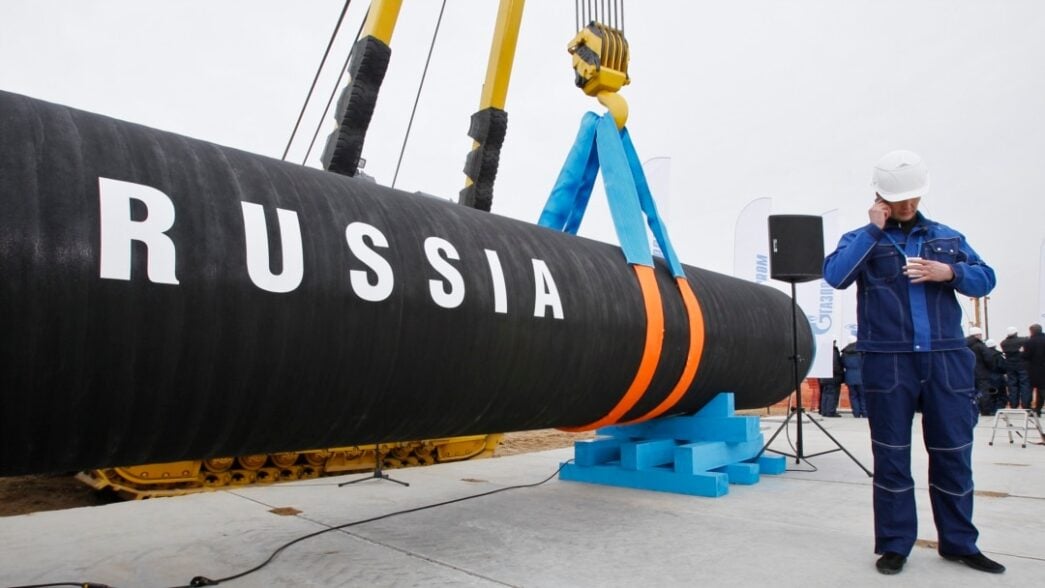The Council of the European Union (EU) has endorsed a proposal to ban Russian gas imports by 2028, marking a major step in the bloc’s plan to end dependence on Moscow’s energy supplies.
According to a statement on Monday, the proposed regulation, a key part of the REPowerEU roadmap, introduces a legally binding and gradual ban on both pipeline gas and liquefied natural gas (LNG) imports from Russia with a full prohibition to take effect from January 1, 2028.
“The Council confirmed that imports of Russian gas will be prohibited from 1 January 2026, while maintaining a transition period for existing contracts. In particular, short-term contracts concluded before 17 June 2025 may continue until 17 June 2026, whereas long-term contracts may run until 1 January 2028,” the statement reads.
The council said the agreement represents an “ambitious signal” of Europe’s determination to achieve a resilient and independent energy market, following years of supply disruptions linked to Russia’s invasion of Ukraine.
Speaking on the development, Lars Aagaard, minister for climate, energy and utilities of Denmark, said “an energy independent Europe is a stronger and more secure Europe”.
“Although we have worked hard and pushed to get Russian gas and oil out of Europe in recent years, we are not there yet,” Aagaard said.
“Therefore, it is crucial that the Danish Presidency has secured an overwhelming support from Europe’s energy ministers for the legislation that will definitively ban Russian gas from coming into the EU.”
Under the proposal, all EU member states will be required to submit national diversification plans detailing measures and potential challenges in securing alternative gas supplies.
Countries that can prove they no longer receive direct or indirect imports of Russian gas will be exempt from this requirement.
“The same requirement to submit a national diversification plan will apply to those member states that are still importing Russian oil, with a view to discontinuing those imports by 1 January 2028,” the statement added.
The council also expanded provisions for information sharing between national authorities, the EU Agency for the Cooperation of Energy Regulators (ACER), and the European Commission to strengthen coordination.
It also introduced a review mechanism, requiring the commission to assess implementation of the regulation within two years of its entry into force.
Additionally, the council clarified a suspension clause, allowing for a temporary lifting of the import ban in cases of serious disruptions to the EU’s energy security.
The council presidency will now begin negotiations with the European Parliament to finalise the regulation once lawmakers adopt their own position.








